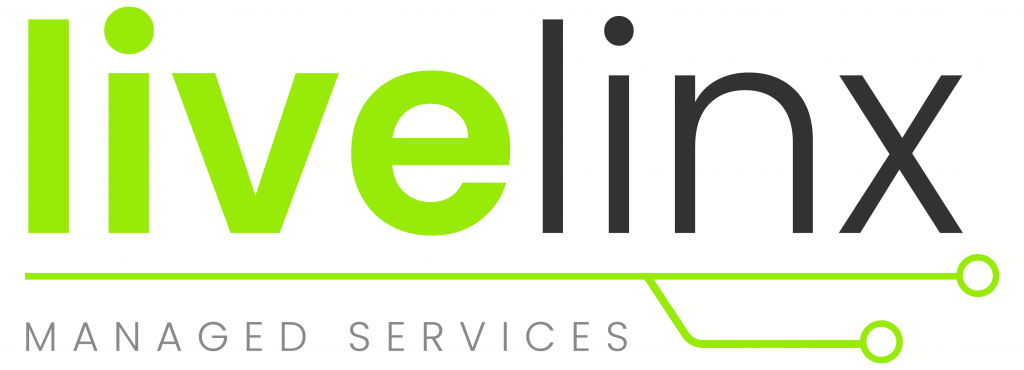
In today’s interconnected business landscape, network security is a critical concern for organizations of all sizes. With the rise in cyber threats and data breaches, ensuring a robust and reliable network security infrastructure is paramount. Cisco Meraki Firewalls have emerged as a powerful solution to protect networks from external threats. They provide advanced security features and centralized management capabilities. In this article, we explore the importance of network security and how Cisco Meraki Firewalls play a vital role.
Understanding Network Security Challenges
Network security challenges are ever-present in the digital age. Malicious actors constantly develop new techniques to breach networks, steal sensitive data, and disrupt business operations. Common security challenges include unauthorized access attempts, malware attacks, data breaches, and network disruptions. Organizations must take proactive measures to protect their networks. This maintains the integrity, confidentiality, and availability of their critical information assets.
The Power of Cisco Meraki Firewalls
Cisco Meraki Firewalls are next-generation firewalls designed to address modern network security challenges effectively. Here’s how they ensure network security:
-
- Advanced Threat Protection: Meraki Firewalls utilize stateful packet inspection, intrusion prevention systems (IPS), and web filtering. Meraki can identify and block malicious traffic, preventing threats from entering the network. This layered approach helps organizations stay ahead of emerging threats
- Secure Remote Access: With the growing trend of remote work, secure remote access is crucial. Meraki Firewalls support Virtual Private Network (VPN) connectivity, enabling remote employees to access the network securely from any location. Therefore, this ensures that sensitive data remains protected even when accessed outside the office premises.
- Centralized Security Management: Meraki Firewalls are managed through a centralized cloud-based dashboard. This provides administrators with real-time visibility and control over the entire network. This centralized approach simplifies security management, allowing for efficient policy enforcement, threat monitoring, and reporting across distributed locations.
- Scalability and Flexibility: Cisco Meraki Firewalls are highly scalable, making them suitable for businesses of all sizes. In addition, hether a small office or a large enterprise, Meraki Firewalls can adapt to evolving security needs. Meraki seamlessly integrates into existing network infrastructure, providing flexibility and ease of deployment.
- Simplified Network Security Architecture: Meraki Firewalls are part of the Cisco Meraki ecosystem, which includes a suite of cloud-managed networking products. This integration enables organizations to achieve a unified and simplified network security architecture, streamlining operations and reducing complexity.
-
Conclusion
Network security is a fundamental aspect of safeguarding business operations and protecting sensitive data from cyber threats. Cisco Meraki Firewalls offer a robust solution that combines advanced threat protection, secure remote access, centralized management, scalability, and simplified architecture. By leveraging these powerful features, businesses can fortify their networks, enhance their security posture, and gain peace of mind.
Partnering with a trusted Managed Service Provider (MSP) that specializes in Cisco Meraki Firewalls can further optimize network security implementation. An MSP can provide expert guidance, seamless deployment, proactive monitoring, and ongoing support to ensure that organizations maximize the benefits of Cisco Meraki Firewalls while staying ahead of emerging threats.
Investing in network security is not just a preventive measure. Rather, it is a strategic decision to protect the integrity and reputation of the business. With Cisco Meraki Firewalls as a cornerstone of network security, organizations can navigate the landscape of cyber threats and focus on their core business objectives.
Remember, securing your network is an ongoing commitment. Regular updates, continuous monitoring, and proactive threat mitigation are essential to stay ahead of emerging threats and protect your network from evolving vulnerabilities.
